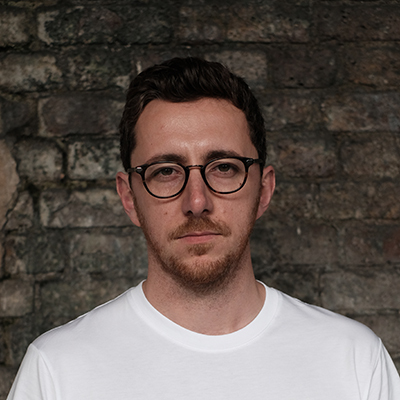They don’t call it go-juice for nothing. Caffeine is the world’s favourite performance-enhancing drug. And it is a drug, not a nutrient – the most widely taken psychoactive stimulant known to humankind.
In the UK, we knock back 98 million cups of coffee every day. Besides getting us moving in the morning, it’s known to improve athletic performance, from strength to endurance, as well as cognitive skills like alertness, reading speed and problem-solving.
“There’s a massive list of supposed performance-enhancing substances,” says James Betts, professor of metabolic physiology at the University of Bath. “You can count on one hand those that clearly work and I would have caffeine at the top of that list because the effects are so potent, so consistent, and because it’s absorbed by just about every tissue in the body.”

Those effects are driven by quite varied biology. Caffeine stimulates the nervous system and increases adrenaline to make us less tired. It promotes fat-burning for energy, allowing the body to save its glycogen stores, which is how caffeine improves endurance.
It also jams receptors for a neurotransmitter called adenosine, which encourages us to sleep. That’s partly what causes us to feel alert and full of energy after a cup of Joe. The flipside of caffeine’s go-faster potency is that we can sometimes feel its effects when they’re not useful to us.
A coffee late in the day can make it harder to fall asleep. Or too much caffeine overall can make us feel jittery or anxious if we don’t have an outlet for the power-up it gives us. So when should you take your caffeine hit to optimise its effects?
Science is beginning to understand the nuances. Betts’s research looks at how the timing of nutrient or substance consumption affects human health. In 2020, he found that drinking a strong coffee straight after a poor night’s sleep can impair your blood sugar control as the day continues.
“When people have a poor night’s sleep and then have caffeine right before their breakfast, this results in significantly higher glucose and insulin response,” Betts says. “So people lost metabolic control – they couldn’t tolerate sugar. In other words, it impairs your body’s ability to handle the breakfast.”
As well as bungy-jumping energy levels, poor blood sugar control may increase your risk of conditions such as type 2 diabetes and heart disease.
“Waiting until the hour after breakfast probably means that you’ve completed your digestion and absorption of the nutrients, and then it’s safer to have your coffee,” Betts says. It’s also a good idea to time your caffeine intake around tasks or exercise. If you want to get more from a workout or run a faster 5K, Betts recommends a coffee 45–60 minutes before you start.
“It can take that long to peak in the system and in its effects,” he says. “We know that even in people who have a lot of caffeine, the effects last for an hour or two. In people who don’t drink so much caffeine, the effects last for four to six hours, so they can have the coffee way before.”

For cognitive tasks, the research is mixed. Everyone knows a well-timed coffee can boost a person’s concentration for an exam or presentation. A paper from Johns Hopkins University in Baltimore, in the US, also found that caffeine immediately after study can improve memory consolidation.
However, research has shown that too much caffeine can lead to poor academic performance if students use it so much that it affects their sleep quality, sleep duration or their daytime sleepiness.
Ultimately, Betts believes caffeine is a good thing, especially when you have it in the morning. And there’s a convincing pile of evidence to suggest it can protect against mass killers like heart disease and dementia, as well as other diseases.
“I think one of the biggest benefits of caffeine is the fact that it helps you get up and go in the morning. And living an active, busy lifestyle is one of the healthiest things someone can do,” Betts says. Double espresso to go?
About our expert
James Betts is a professor of metabolic physiology at the University of Bath. He is Co-Director of the Centre for Nutrition, Exercise & Metabolism and Chair of the Biomedical Sciences Research Ethics Committee.
Read more:

